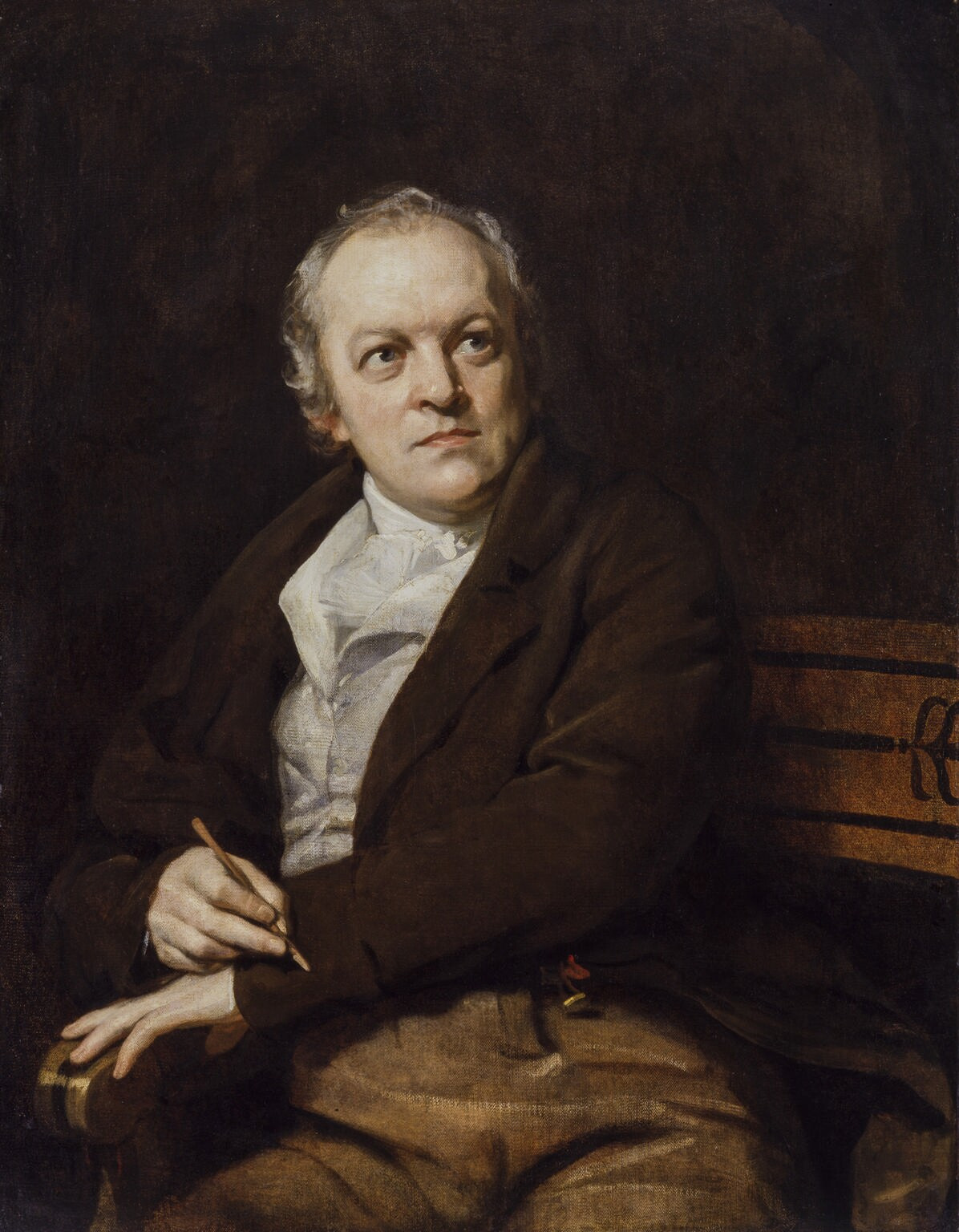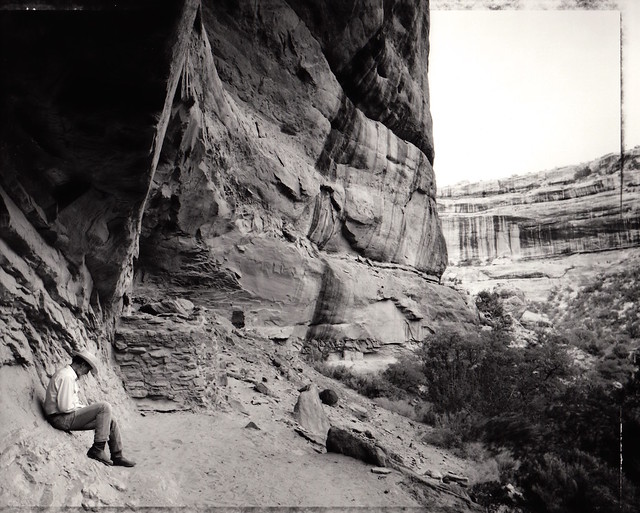Rackham, Rip Van Winkle, 1909

On entering the amphitheatre, new objects of wonder
presented themselves. On a level spot in the centre was a company of
odd–looking personages playing at ninepins. They were dressed in quaint
outlandish fashion; some wore short doublets, others jerkins, with long knives
in their belts, and most of them had enormous breeches, of similar style with
that of the guide's. Their visages, too, were peculiar; one had a large head,
broad face, and small piggish eyes; the face of another seemed to consist
entirely of nose, and was surmounted by a white sugar–loaf hat, set off with a
little red cock's tail. They all had beards, of various shapes and colors.
There was one who seemed to be the commander. He was a stout old gentleman,
with a weather–beaten countenance; he wore a laced doublet, broad belt and
hanger, high–crowned hat and feather, red stockings, and high–heeled shoes,
with roses in them. The whole group reminded Rip of the figures in an old
Flemish painting, in the parlor of Dominie Van Schaick, the village parson, and
which had been brought over from Holland at the time of the settlement.
What seemed particularly odd to Rip was, that though these
folks were evidently amusing themselves, yet they maintained the gravest faces,
the most mysterious silence, and were, withal, the most melancholy party of
pleasure he had ever witnessed. Nothing interrupted the stillness of the scene
but the noise of the balls, which, whenever they were rolled, echoed along the
mountains like rumbling peals of thunder.
As Rip and his companion approached them, they suddenly
desisted from their play, and stared at him with such a fixed statue–like gaze,
and such strange uncouth, lack–lustre countenances, that his heart turned
within him, and his knees smote together. His companion now emptied the
contents of the keg into large flagons, and made signs to him to wait upon the
company. He obeyed with fear and trembling; they quaffed the liquor in profound
silence, and then returned to their game.
By degrees, Rip's awe and apprehension subsided. He even
ventured, when no eye was fixed upon him, to taste the beverage which he found
had much of the flavor of excellent Hollands. He was naturally a thirsty soul,
and was soon tempted to repeat the draught. One taste provoked another; and he
reiterated his visits to the flagon so often, that at length his senses were
overpowered, his eyes swam in his head, his head gradually declined, and he
fell into a deep sleep.
On waking, he found himself on the green knoll whence he had
first seen the old man of the glen. He rubbed his eyes—it was a bright sunny
morning. The birds were hopping and twittering among the bushes, and the eagle
was wheeling aloft, and breasting the pure mountain breeze. "Surely,"
thought Rip, "I have not slept here all night." He recalled the
occurrences before he fell asleep. The strange man with the keg of liquor—the
mountain ravine—the wild retreat among the rocks—the woe–begone party at
ninepins—the flagon—"Oh! that flagon! that wicked flagon!" thought
Rip—"what excuse shall I make to Dame Van Winkle?"
He looked round for his gun, but in place of the clean
well–oiled fowling–piece, he found an old firelock lying by him, the barrel
encrusted with rust, the lock falling off, and the stock worm–eaten. He now
suspected that the grave roysterers of the mountains had put a trick upon him,
and, having dosed him with liquor, had robbed him of his gun. Wolf, too, had
disappeared, but he might have strayed away after a squirrel or partridge. He
whistled after him and shouted his name, but all in vain; the echoes repeated
his whistle and shout, but no dog was to be seen.
Washington Irving, from Rip Van Winkle




















